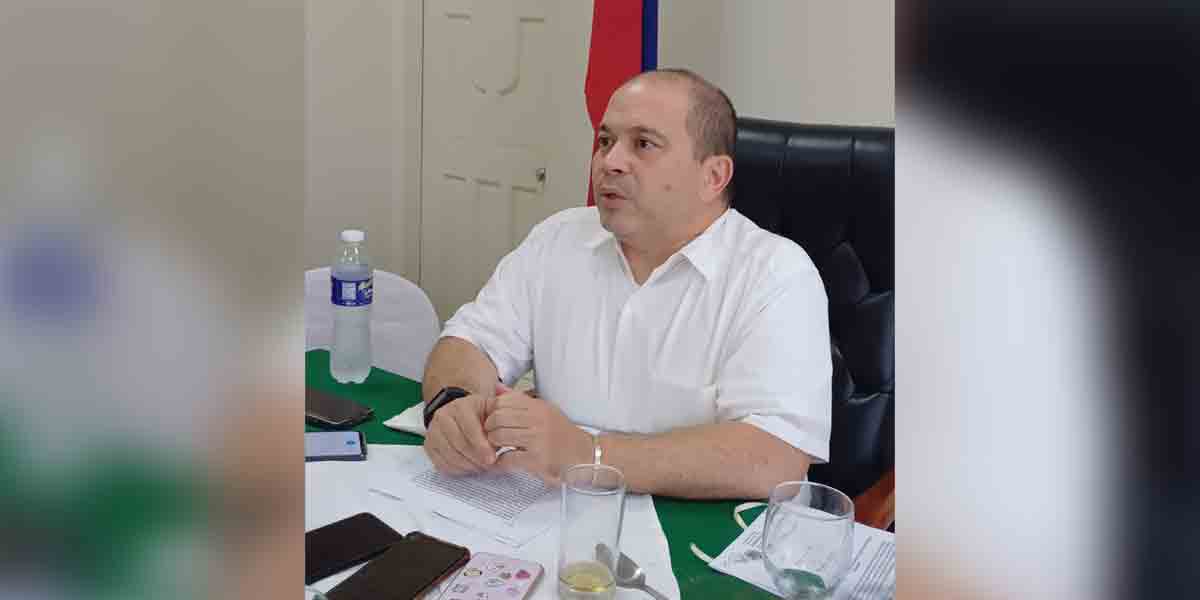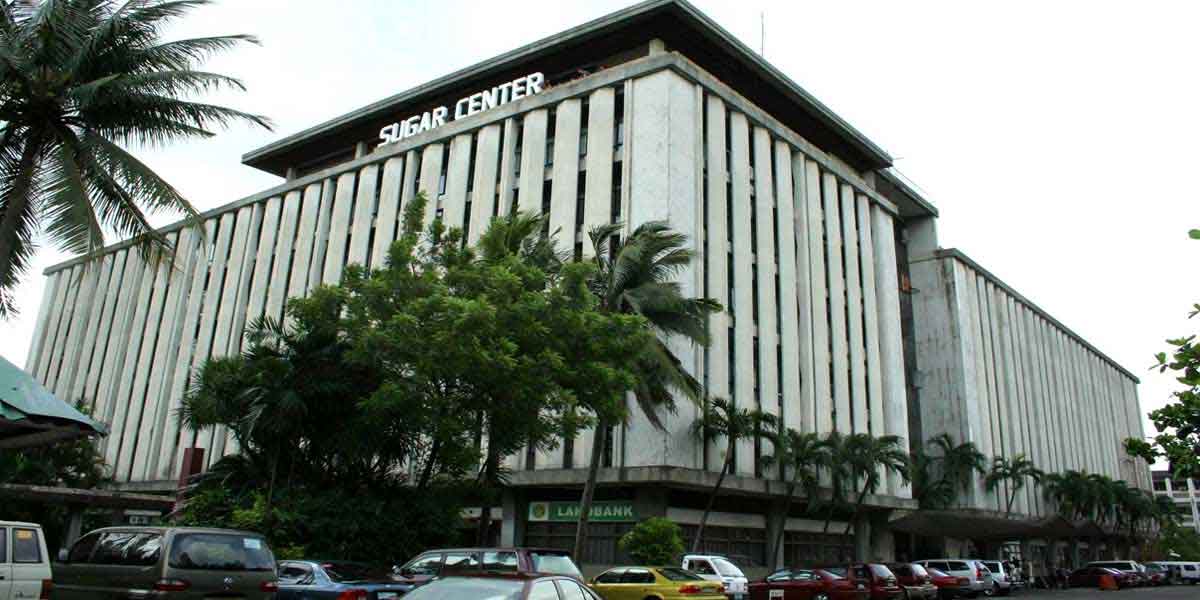 By Fr. Roy Cimagala
By Fr. Roy Cimagala
WE cannot deny that we are in for some confusing albeit exciting times, and we just have to learn how to cruise in the tricky waves they produce. We have to contend not only with many but also contradicting ideas, views, opinions, and not only in matters of opinion which are already demanding but also in matters of core beliefs, faith and morals which are truly concerning.
How to act with the appropriate prudence that is always animated by charity is a skill and a virtue that needs to be developed or upgraded. We cannot stay at the same level and kind of prudence that we have had so far, since times are truly changing.
Today, the things to study and consider have increased in quantity and have grown in complexity. We have to learn to grapple with the new ideologies and the new technologies, or perhaps to be more precise, the new developments of the same ideologies and technologies that we have been having.
In any given issue, more and more parties are getting involved and they have to be given due attention too. We have to listen to all of them, no matter how insignificant or impertinent their views may be. This will require a lot of patience and humility, and the art of versatility without getting lost.
We need to be more adaptive to the varying sensibilities, cultures, lifestyles, ideologies, etc. involved. Indeed, we have to learn how to be accepting in dealing with each of these different and often conflicting parties without—hopefully—getting lost. We have to be ready to learn new things, modify and enrich our original and hopefully tentative positions, again without getting lost, as we go along.
No matter how wrong we feel some views and some people are, we should never close the lines of communication and dialogue if we want a truly human, not to mention, Christian world.
We have to learn to discuss and exchange ideas and opinions properly, avoiding the bitter zeal that would lead us to be closed-minded and extremely partisan in any issue at hand.
Yes, to be prudent in these confusing times would indeed require us to study things thoroughly, do the proper research, and undertake a widening web of consultations. We have to learn to refer ourselves to more and more branches of knowledge, sciences and technologies to be able to arrive at more enlightened judgments, opinions and views.
The virtue of prudence does not stop only at the level of study, research and consultation. It has to go all the way to making judgments and decisions. And when that time arrives, we can either withhold our judgment for mere lack of bases for such judgment when the circumstances would allow it, or we can make a judgment when we feel we have enough bases or when we somehow are forced to make one.
In all these possibilities, we should see to it that we form these judgments in the presence of God, asking for his light and grace. This is always indispensable, the only thing necessary actually, because even if we have done our best to be prudent, we can still be wrong, and yet if we have made that judgment in “bona fide,” it would still work out for the good, since with God all things, right or wrong, will work out for the good. (cfr. Rom 8,28)
Email: roycimagala@gmail.com




















